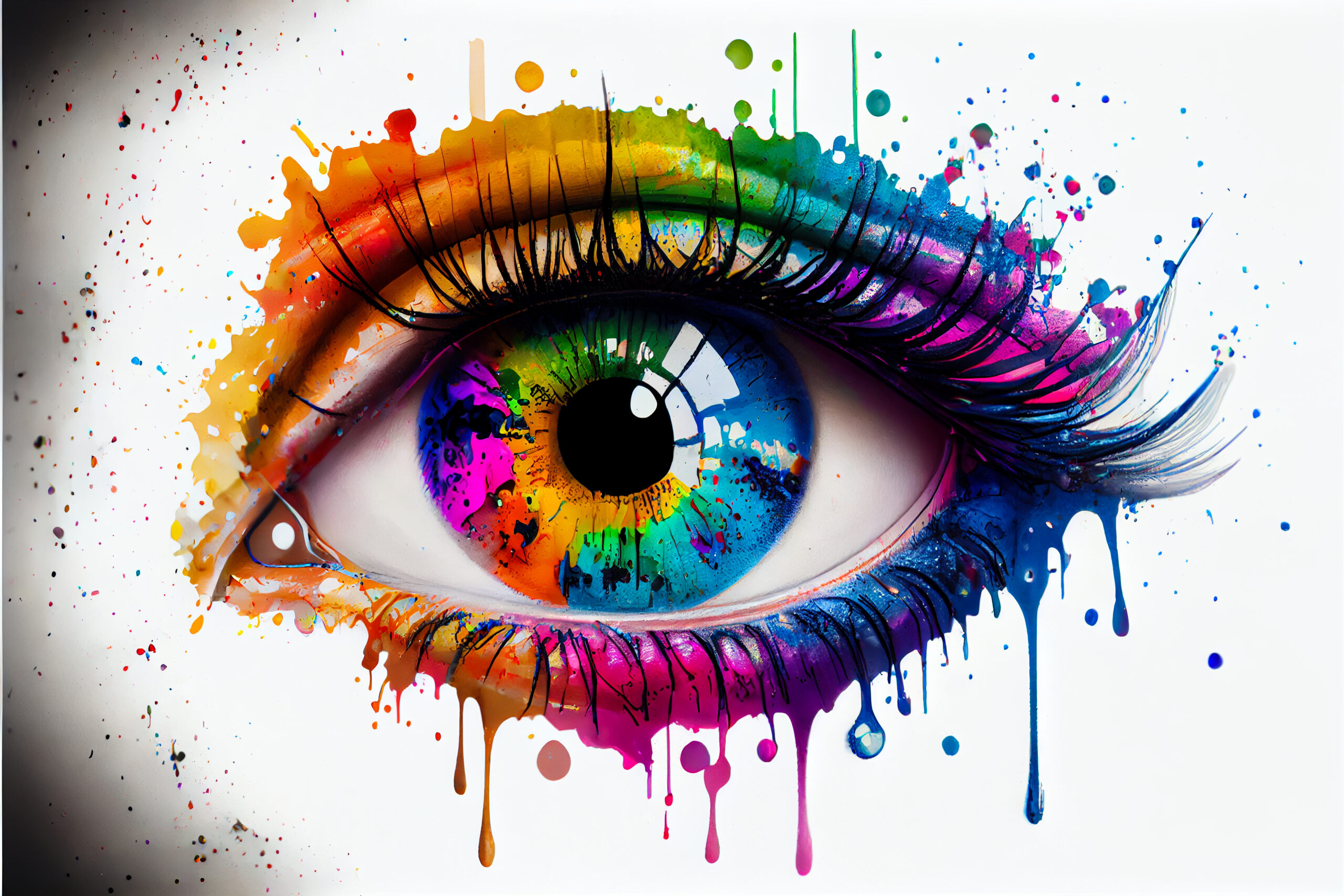Resplendent refers to being “richly colourful” and it is the perfect word for our beautiful parkland area this fall. It’s as if Mother Nature has put on a brilliant gold dress, richly decorated with crimson buttons and lace spruce frills, an undergarment of green peeking through. So much colour in our lives!

Emotions are our inner colour
Mother Nature colours our world outside, but emotions are our inner “colour”. Emotions, like colours, can be opposites, layered, mixed, vibrant, faded, hot, bright, cool, pale. They bring richness, depth, and a spectrum of experiences to our lives. Think about our lives without emotions—how flat life would be, how dull!
Our feelings can be primitive reactions
At their most basic, emotions serve an evolutionary purpose—they help us survive by telling us what we should do more of, and what is not right in our world. That said, in some ways our modern brain is still primitive—we have emotions that are not appropriate for the situation, that is, feelings more befitting primitive times. Anxiety is the best example of this—sometimes people feel “survival” type anxiety. Their internal experience is that they are in grave danger when there really is no danger at all. Overall, anxiety is a protective emotion. It was meant to be a warning to us of an unsafe, potentially dangerous situation. Imagine if we felt no anxiety at all! We would be walking into traffic or not running from that cougar or bear. Anxiety helps us to survive.
Love helps us survive
Love also helps us survive—draws us towards connections, those meant to be our “tribe”. A tribe works together to survive. We humans need each other and our best chance of living, and living well, is with other people. (Interestingly, this helping each other has been found in species other than humans—chimpanzees, for example, have been observed treating the wounds of other chimps by applying plant or insect medicine.)
Grief is a response to the loss of someone (or something) we really loved—it tells us who or what mattered to us. We can contemplate why, potentially leading us to greater self knowledge and clarification of what is important to us. Grief, in its initial stages at least, brings slow movement and fatigue. It is thought that this also serves a survival function—when we are grieving, we are distracted, vulnerable, and more likely to get hurt, whether in ancient or modern times. Low energy keeps us closer to home and hearth, safer.
Anger can be positive
Anger can send a message to us of injustice or ill treatment. If contact with someone often leaves us angry, it is worth thinking about. It can tell us that someone is not good for us—that we need to ask for change or leave the person behind. Anger can also tell us that a situation is unjust. Because of this, anger can be a very powerful and positive force for change. Civil rights movements always have anger as a component. Anger, like all emotions, is complicated.
Happiness comes from many sources
Happiness generally carries the message that whatever we are doing we should do more of. I say generally because using substances can evoke a feeling that imitates happiness through a physiological high. Also, people who are not good for us, can make us feel “happy” if they remind us of a past situation—our psyche recognizes this as “home”, good or bad. True happiness comes from many different sources. Being with people you love and who love you; creating something or nurturing someone; an activity that gives your life challenge, meaning, or purpose or, from a place that feeds your spirit. Happiness can be that moment of peace, when you realize at this moment, in this place, your life is right. But a happy moment can also be small, arrive from simple things, if you are mindful enough to notice—the enjoyment of the crunch and sweetness of the perfect Gala apple, the dancing sunlight shadows on your wall.
Don’t be afraid—be curious
Of course there are many more emotions—a palette to choose from! I encourage you to embrace your emotions—”feel the feels”. Don’t be afraid—be curious instead. Energy used to avoid feelings is energy, time and lessons wasted. Feelings won’t destroy you—they will stay only as long as they need to. Remember the word motion is contained in the word emotion: feelings are meant to be understood, learned from and moved through.
As I write this on a Thanksgiving weekend, I am thinking about how much emotions add to our experience, how much they teach and tell us, and I am grateful. I hope, whatever you are feeling now, you can feel gratitude for their message today, or someday soon.
Greenwich Counselling Services
Stony Plain



